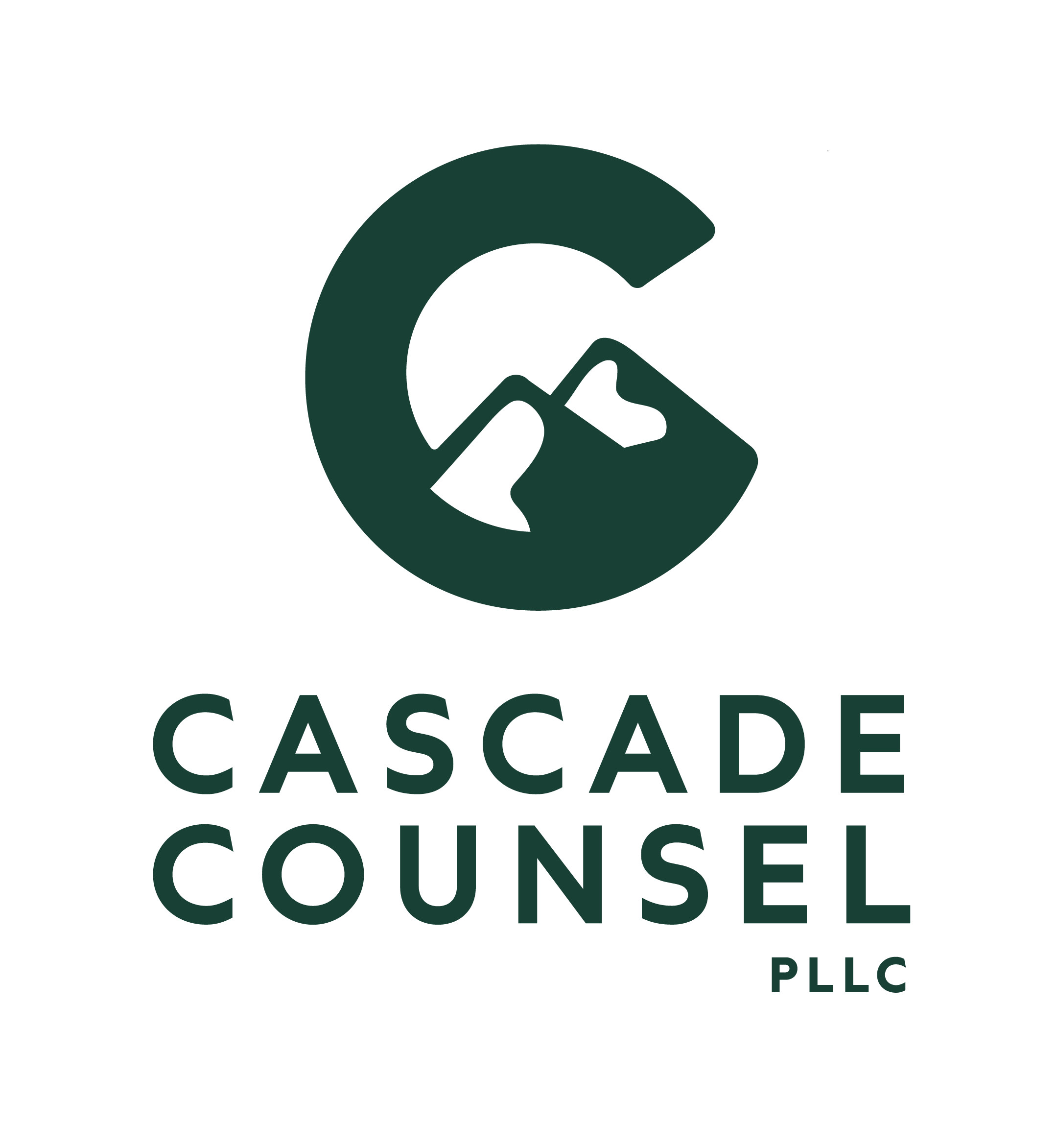Compliance
Smart Compliance for Growing Businesses
Simplify your legal obligations with proactive, tailored support designed for small business owners navigating complex rules and regulations.
Running a business in Washington comes with more than just day-to-day responsibilities—it also means navigating a complex network of federal, state, and local compliance rules. This guide outlines essential compliance areas including payroll, licensing, transparency reporting, noncompetition clauses, and more. Tailored for small business owners, it helps demystify overlapping legal frameworks and offers practical guidance on how to keep your business protected and legally sound.
Understanding Compliance for Small Businesses
Compliance involves adhering to the legal obligations governing how a business operates, employs staff, handles money, and interacts with customers. For small business owners, compliance helps mitigate risks, avoid penalties, and build a trustworthy operation. But with rules differing by industry, business structure, and location, keeping up can be a challenge without the right support.
How Laws Are Structured: Federal, State, and Local Layers
Compliance isn’t governed by a single authority—it’s the product of layered oversight. Federally, agencies like the IRS and FinCEN impose tax and ownership reporting duties. At the state level, Washington’s Department of Labor & Industries and Department of Revenue oversee employment, licensing, and taxation. Local governments may add city-specific rules or licensing demands. These rules often overlap or impose different standards, requiring careful attention to which apply in a given situation.
Washington's Unique Requirements
Washington presents several distinct compliance challenges:
Workers’ Compensation: As one of four monopolistic states, Washington mandates that employers purchase this insurance from a state-run fund.
Worker Classification: Independent contractors (1099s) may be treated as employees for purposes like workers’ comp.
New Hire Reporting: Employers must report hires subject to garnishments such as child support.
Paid Family and Medical Leave: Employers must withhold and remit premiums even for part-time workers primarily based in Washington.

The Corporate Transparency Act (CTA): Compliance and Enforcement Update
Since January 1, 2024, the Corporate Transparency Act has required many small businesses to disclose their beneficial owners to FinCEN. Entities like LLCs and corporations must identify anyone who owns at least 25% or exercises substantial control.
In light of legal and logistical challenges, FinCEN has delayed enforcement for some filers and has extended the deadlines for certain newly formed companies. While reporting is still mandatory, penalties are currently focused on willful violations rather than inadvertent noncompliance—though these grace periods are expected to close in late 2025. Keeping your ownership disclosures accurate and up to date remains crucial.
Washington Payroll Requirements
From minimum wage and overtime to lawful deductions and final paychecks, Washington’s labor laws are some of the nation’s most employee-protective. Business owners must ensure:
All hours worked are paid, including travel, meetings, and wait times.
Minimum wage and overtime standards are met.
Payroll frequency and final paycheck rules are followed.
Unauthorized work is paid (though it may be disciplined).
No work is accepted from unpaid volunteers in for-profit settings.
Business Licensing and Renewals
All Washington businesses must register with the Department of Revenue to obtain a state business license, and many must also acquire city-specific licenses. For example, Seattle has its own business licensing and tax requirements. Licenses typically require annual renewal, and operating without one—even unintentionally—can trigger fines or shutdowns.
Labor Posters and Notice Obligations
Employers must display up-to-date labor posters covering workplace rights, wage laws, and safety regulations. Failure to post them in a visible area can result in penalties. In addition, written notice requirements apply at hire and for any wage changes. Notices should outline payment terms, schedules, and employer policies. These obligations apply regardless of business size or industry and are easy to overlook without routine compliance audits.
Sales Tax Collection and Reporting
If your business sells goods or taxable services, you are responsible for collecting and remitting Washington sales tax. Sales tax obligations vary by location due to differing city rates, and many businesses are required to file tax returns monthly or quarterly. Mistakes in tax collection or misclassification of goods can result in audits and back taxes. Even businesses selling online or via marketplaces may have use tax or marketplace facilitator obligations.
Federal Noncompete Ban: Where Things Stand
In April 2024, the Federal Trade Commission (FTC) finalized a rule banning noncompetition agreements for most U.S. workers. The rule prohibits employers from entering or enforcing noncompete clauses except in limited cases like senior executives.
However, the rule is currently facing legal challenges and may be delayed or struck down by the courts. In the meantime, Washington continues to enforce its own noncompete laws, which already limit the use of such clauses to employees earning above a defined income threshold and require prior written notice.
Business owners should review employment agreements now to ensure they are not relying on clauses that may soon be unenforceable—or are already invalid under state law.
Common Compliance Myths
Myth: Independent contractors aren’t subject to payroll rules.
Truth: Misclassifying workers can lead to fines and back pay obligations.Myth: Only large corporations must worry about the CTA.
Truth: Most LLCs and small businesses are covered unless specifically exempt.Myth: If no one complains, I must be compliant.
Truth: Regulatory compliance is proactive—not just reactive.Myth: Verbal agreements with employees are sufficient.
Truth: Lack of written terms can lead to disputes and liability.
Disclaimer
This article is provided for informational, educational, and marketing purposes only and does not constitute legal advice. The content is current as of its publication or last review and may not reflect the latest legal developments. Do not rely solely on this information—consult a qualified attorney regarding your specific situation.
Make Compliance One Less Thing to Worry About
Compliance is not just about avoiding penalties—it’s about setting up your business for long-term stability and trust. Cascade Counsel helps small businesses in Washington navigate licensing, employment laws, federal reporting, and more. Schedule your compliance review today to take the guesswork out of regulation and gain confidence in your operations.
